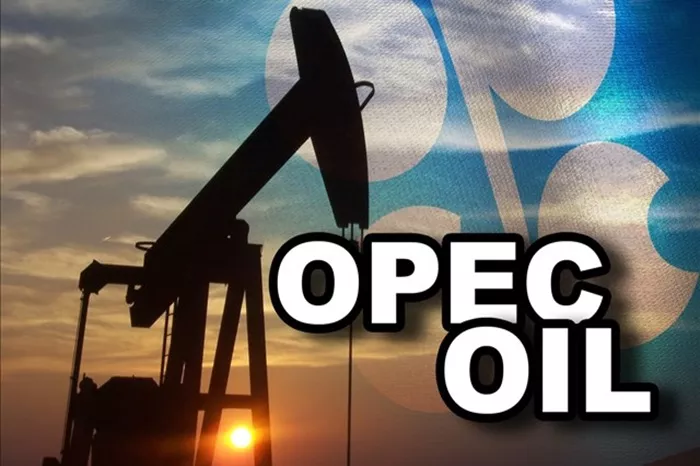OPEC has projected that global oil demand will rise to 120.1 million barrels per day (bpd) by mid-century, reflecting an increase of 17 million bpd from current levels. This growth is primarily driven by non-OECD countries, where energy demand is expected to expand by 73.5 million barrels of oil equivalent per day (mboe/d), with India contributing approximately 30 percent of this surge. Conversely, energy demand in OECD countries is anticipated to experience a slight decline. By 2050, non-OECD countries will account for 71.5 percent of global primary energy demand, up from 64.5 percent in 2023.
According to the Reference Case outlined in OPEC’s annual World Oil Outlook report, all energy sources, except coal, will see an increase in demand by 2050. Renewable energy, particularly wind and solar, is expected to grow the fastest, rising from 9.6 mboe/d in 2023 to 52.4 mboe/d—a gain of nearly 43 mboe/d. Natural gas is projected to add 20.5 mboe/d during the same period, while oil demand is expected to increase by 16.7 mboe/d. Although other sources like nuclear, biomass, and hydro will also contribute to this demand, global energy policies are likely to result in a nearly 29 mboe/d decline in coal demand by 2050.
Despite the rapid growth of renewables, oil and gas are set to remain dominant in the energy landscape, maintaining a combined share of over 53 percent through 2050. Oil is projected to account for 29.3 percent, while natural gas will represent 24 percent, illustrating that fossil fuels will continue to play a central role in global energy consumption in the coming decades.
OPEC Secretary General Haitham Al Ghais highlighted Brazil’s increasing importance in the global energy market during the report’s unveiling at the Rio Oil & Gas fair in Brazil. He noted that while renewable energy is expected to drive 60 percent of future demand growth, oil will maintain a significant presence, comprising 29.3 percent of the energy mix—the highest share recorded.
The findings suggest that, despite a global shift toward renewable energy, reliance on oil may persist in the decades to come. Investment requirements for oil alone are projected to total $17.4 trillion by 2050, emphasizing the continued significance of fossil fuels in the global energy supply.
Related topic:
How Much Oil Does OPEC Produce Per Day?

